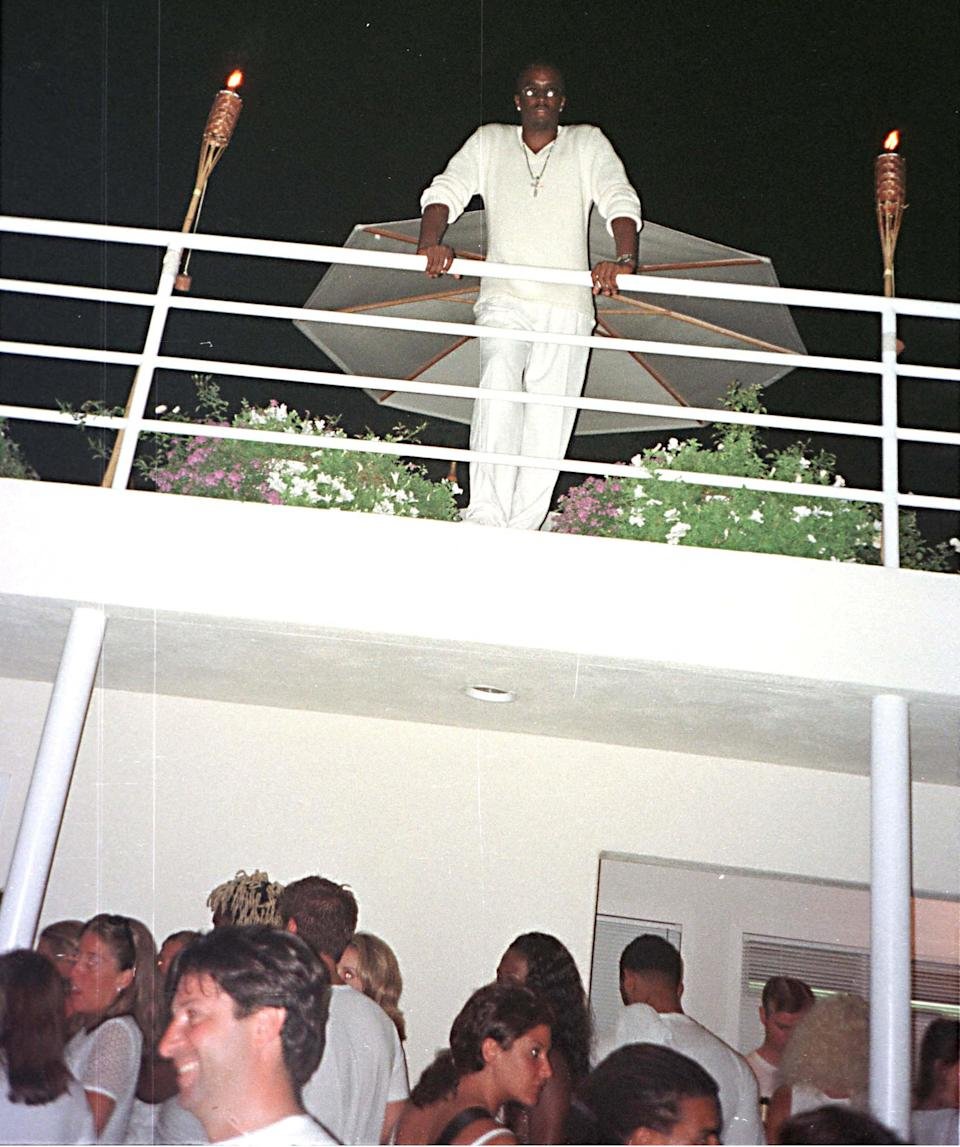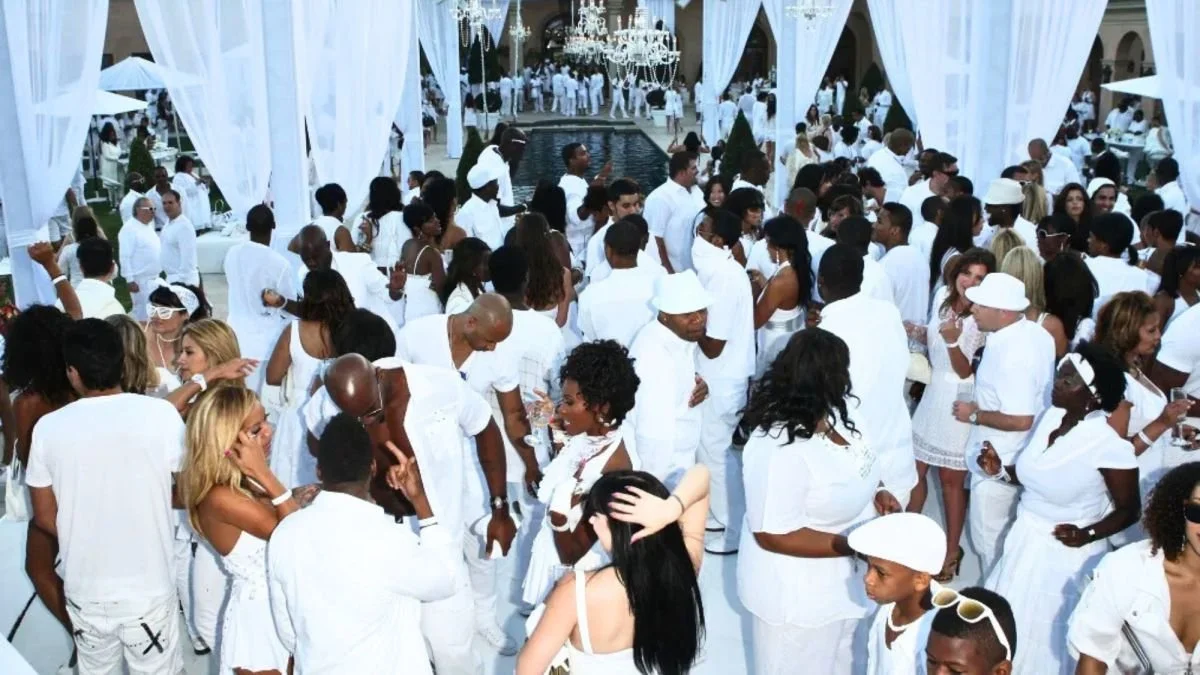A Look Inside Diddy's Freak Offs
Sean "Diddy" Combs' White Parties were once the epitome of celebrity glamour and cultural significance. Launched in 1998, these exclusive events, often held in the Hamptons, attracted a who's who of the entertainment world, including Aretha Franklin, Justin Bieber, Paris Hilton, and Kim Kardashian.
Diddy himself likened his role to that of a modern-day Gatsby, stating, "Have I read 'The Great Gatsby'? I am the Great Gatsby." These gatherings were more than just lavish celebrations; they symbolized a new era of Black affluence and influence in mainstream culture.
But that dream is now haunted. In light of numerous lawsuits against Combs, including sexual assault allegations tied to these very events, the legacy of the White Party is being re-evaluated. Where there was once glitz, there’s now a shadow of legal drama and moral reckoning. These weren’t just elite gatherings—they may have been the backdrop to darker stories.
As the music industry distances itself from Diddy, the White Parties have become symbolic of unchecked celebrity power. The same events once hailed as inclusive celebrations of Black luxury are now scrutinized as potential crime scenes. The fall from grace is not just about one man—it’s about an entire culture’s willingness to turn a blind eye. While many celebrities have distanced themselves from Combs amid these allegations, the impact on the perception of the White Parties is undeniable. The once-celebrated events are now scrutinized as potential backdrops for misconduct, casting a shadow over their former prestige.
Critics argue this is part of a broader reckoning in entertainment, where opulence has often masked abuse. Supporters of the survivors are pushing for transparency, accountability, and a complete reevaluation of what these so-called exclusive spaces represent.
The downfall of Diddy's White Parties serves as a cautionary tale about the intersection of power, celebrity, and accountability. What was once a symbol of cultural ascension has become a subject of controversy and legal battles. As the legal proceedings continue, the entertainment industry grapples with the implications of these revelations, prompting a reevaluation of past associations and the importance of safeguarding against abuse of power in all its forms.
What’s your take? Are Diddy’s White Parties a cultural loss or a necessary cautionary tale? Should celebrity excess be reined in—or was the backlash overdue?




